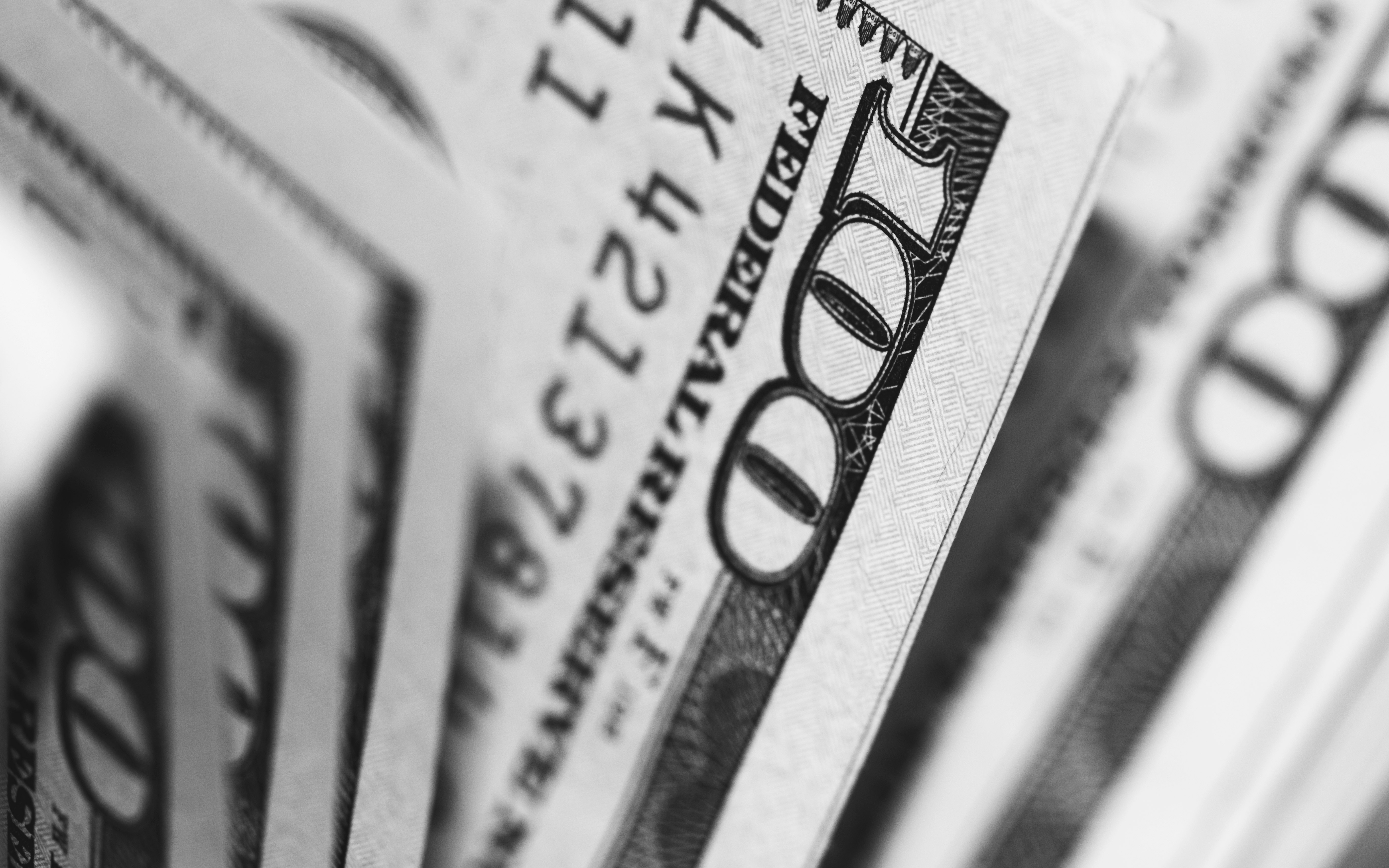In the simplest terms, Creative Commons is a designation that means the creator of a piece of work is allowing others to use it. This doesn't mean that you can just do anything you want with it, rather that you have some options. For example, let's say that a photographer has attached a Creative Commons license to a picture that you would just love to use on your website. By following any stipulations she has included, you can do exactly that, with no charge. In many cases, you can even change the original work to fit your needs.
Some of the restrictions that might be added include:
- Attribution: The photographer is allowing you to use the picture, as long as you give her credit for it.
- Non-Commercial: As long as you aren't using the work for commercial purposes, it is permissible to post it on your site with the proper attribution. If you want to use it for commercial purposes, this may be possible, but you must contact the creator first.
- Share Alike: You can use the work, as long as you also apply the Creative Commons license.
- No Derivative Works: You cannot change the image in any way without contacting the creator for permission.
Creative Commons can be used for all types of creative work, including drawings, photographs, books, blogs, music, movies, websites, articles, scientific writings, and music, and more. For more information, check out the CreativeCommons website. (They're a nonprofit, too!)












